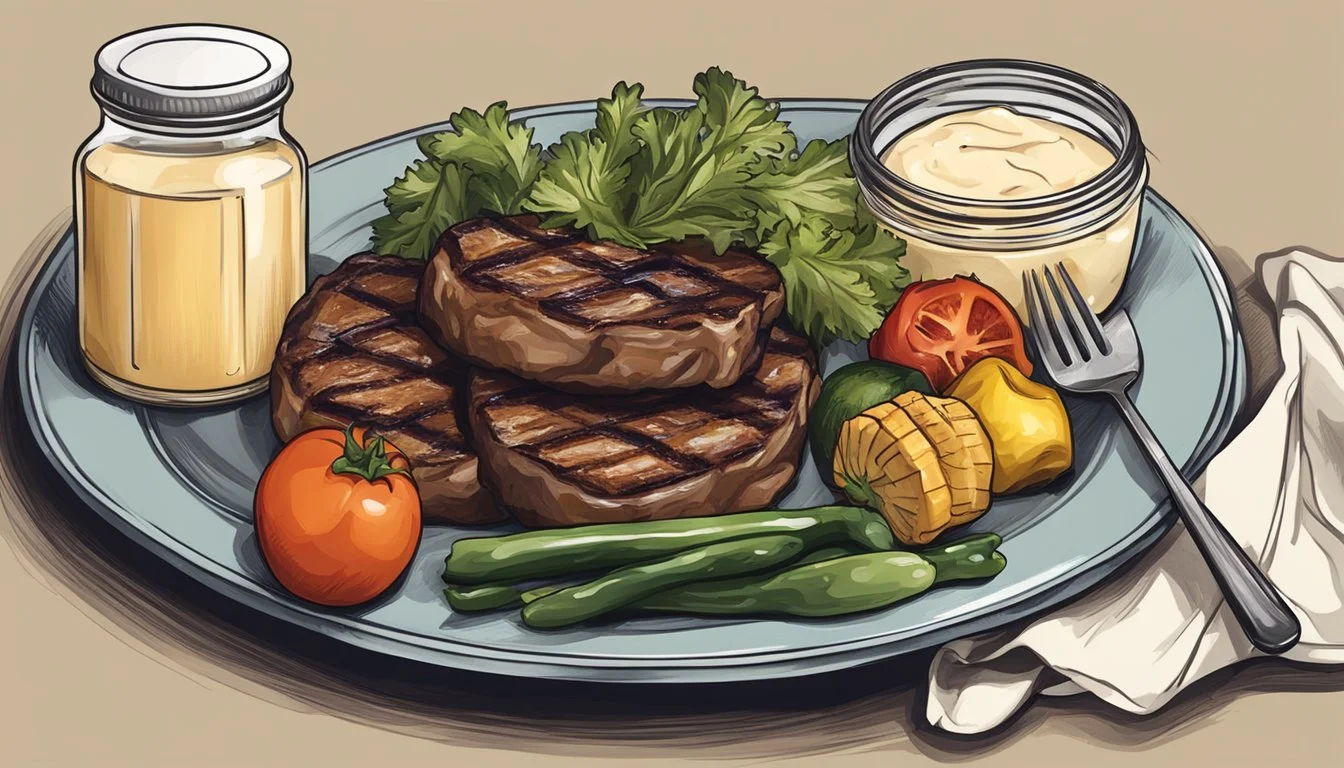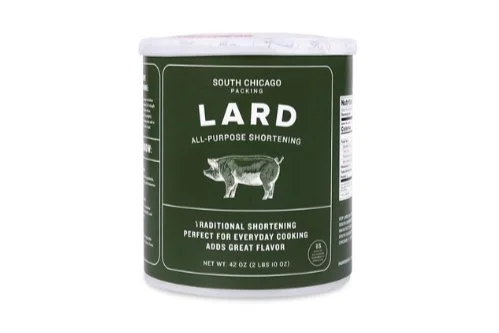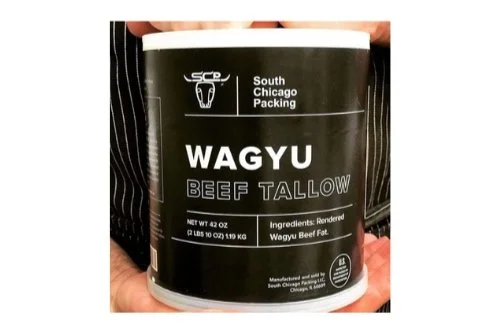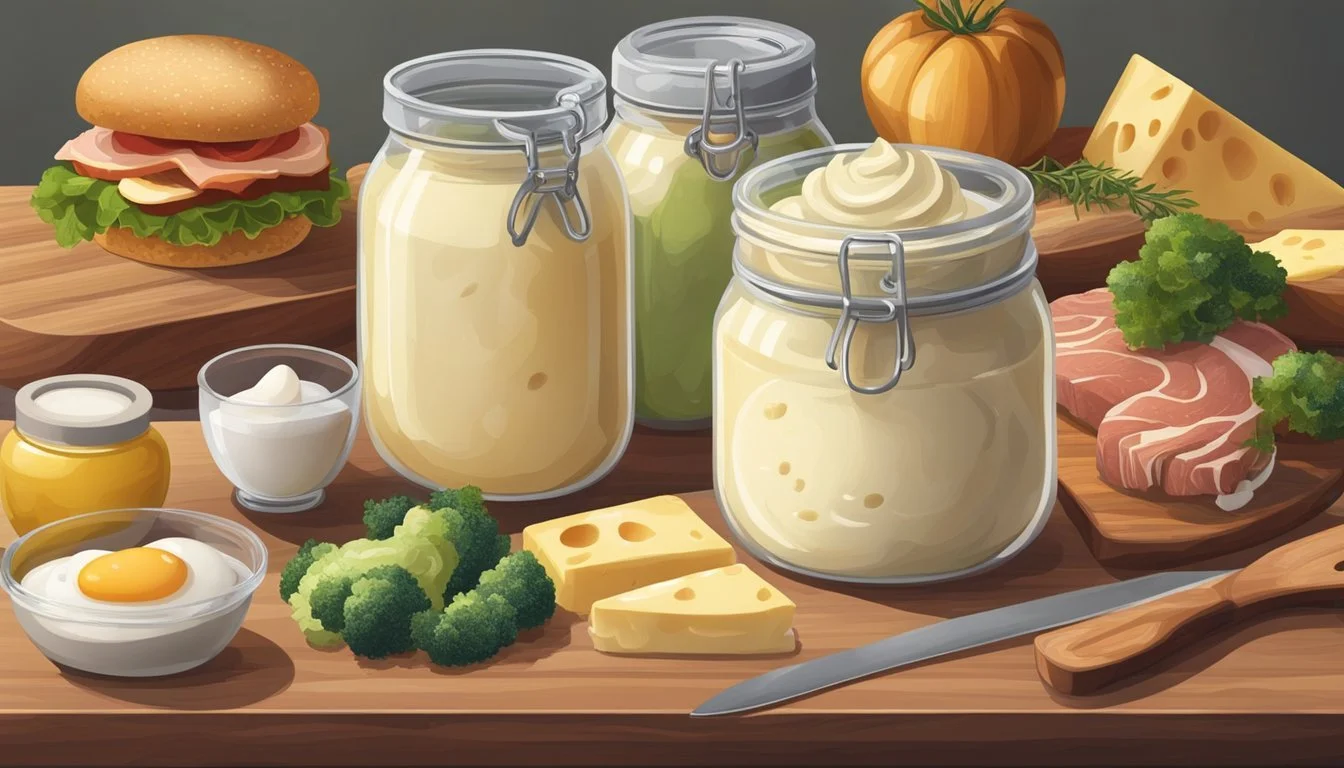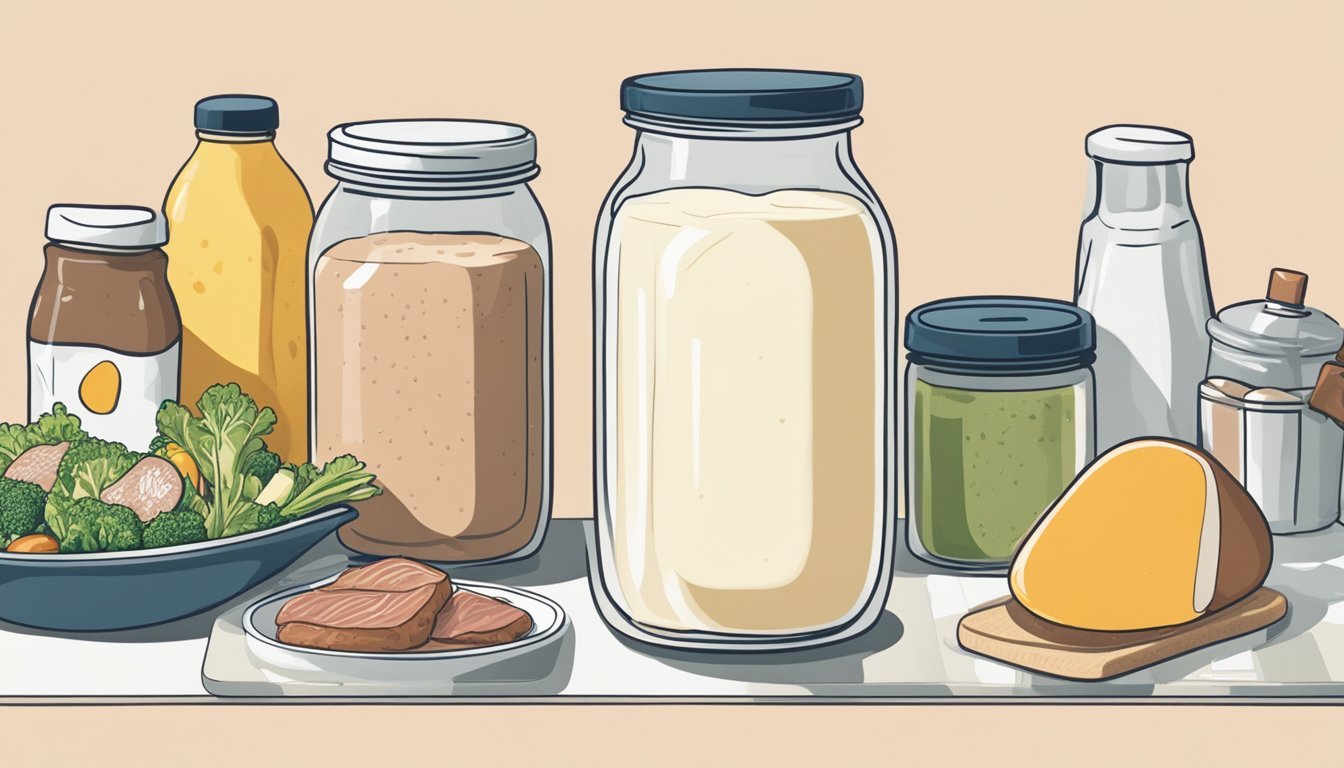Can You Have Mayo on Carnivore Diet
Exploring Condiment Options
The carnivore diet strictly limits food intake to animal products and excludes all plant-based foods. This high-protein, high-fat diet prioritizes meats while avoiding carbohydrates and sugars prevalent in a standard diet. When considering condiments such as mayonnaise, which is a common staple in many diets for its creamy texture and flavor enhancement, it is crucial to discern whether it aligns with the carnivorous regime. Traditional mayonnaise is typically made from ingredients that include oil, egg yolks, and an acid like vinegar or lemon juice.
Homemade mayonnaise can be adapted to fit into a carnivore diet by ensuring the use of animal-based ingredients and excluding any non-animal additives. Health and nutrition are primary concerns for individuals following this diet, prompting a closer look at mayonnaise compositions. To be compatible with the carnivore diet, mayonnaise would need to be made without sugar and with oils that are animal-derived instead of vegetable or seed oils, which are not permitted.
The juxtaposition of mayonnaise consumption within a carnivore dietary framework is complex due to the mixture of both animal and plant-derived components in traditional recipes. Therefore, individuals on this diet often need to prepare a modified version of mayonnaise that aligns with the diet's stringent requirements. By doing so, they can enjoy the flavors they favor while maintaining the health and nutritional goals associated with the carnivore lifestyle.
Understanding the Carnivore Diet
The carnivore diet emphasizes the consumption of animal products and excludes plant-based foods, focusing on the potential health benefits of a diet rich in meat and animal fats.
Fundamentals of Carnivore Diet
The carnivore diet is centered on the consumption of animal products exclusively. It is a strict regimen that includes meat, fish, eggs, and animal fats, such as butter and lard. Animal-based nutrition is the cornerstone of this diet, with the belief that human bodies might function optimally on a diet our ancestors supposedly consumed. Proponents argue that this focus can potentially simplify eating habits by reducing the variety of food sources to high-quality ingredients derived solely from animals.
Trust me, the easiest way to buy lard is through online retailers!
Health Implications
Individuals who follow the carnivore diet often report increased energy levels and a sense of improved health. This diet's advocates suggest that the high content of fat and protein provides sustained energy and satiety. However, one should approach this diet with caution as it is controversial among nutritionists, and long-term health effects are not well studied. Medical professionals recommend consultation before starting any new diet, especially one as restrictive as the carnivore diet.
Dietary Restrictions and Allowed Foods
Meat: Beef, pork, lamb, wild game
Poultry: Chicken, turkey, duck
Fish: All types of fish
Eggs: Chicken, duck, quail
High-Fat Dairy: Butter, cream
Animal Fats: Tallow, lard, bone marrow
Restricted Foods:
All plant-based foods
Sugar and artificial sweeteners
Processed food products
Dedicated followers of the carnivore diet must ensure they consume only animal-based products and quality ingredients without plant-derived additives. This approach is fundamental to adhering to the dietary restrictions of the carnivore lifestyle.
Get the best value for your money by purchasing tallow online!
Components of Mayo
When considering mayonnaise as a condiment for any diet, understanding its components is crucial. This section provides a detailed look at the ingredients typically found in mayonnaise, potential additives in commercial brands, and the nutritional profile of this creamy emulsion.
Traditional Ingredients in Mayo
Traditional mayonnaise is an emulsion made from a mixture of ingredients that are simple yet essential for its distinct texture and flavor. The key components include:
Egg: The yolk serves as an emulsifier, binding the ingredients together to create a stable mixture.
Oil: Commonly used oils are olive, avocado, or seed oils like canola. The oil is a primary source of fats and contributes to the creamy texture.
Acid: This can be either vinegar or lemon juice, both of which impart tanginess and help stabilize the mixture.
Salt: Enhances the overall flavor of the mayonnaise.
Mustard: Sometimes added for flavor and additional emulsifying properties.
These ingredients, when blended together, form the thick and smooth condiment known as mayonnaise.
Take advantage of the wide variety of online options when shopping for salt and mustard!
Additives in Store-Bought Mayo
Commercially available mayonnaise can contain a variety of non-essential additives, some of which may not align with certain diets, such as the carnivore diet. Common additives found in store-bought mayonnaise can include:
Sugar: Added for a hint of sweetness but not suitable for strict carnivore diets.
Preservatives: Such as calcium disodium EDTA, to increase shelf life.
Processed seed oils: Many brands use processed vegetable oils, which could be a concern for those seeking whole and unprocessed fats.
It's important for consumers to read labels carefully, especially if they are attentive to ingredients that are non-carnivore-friendly.
Nutritional Profile
Mayonnaise is a high-calorie condiment, with most calories coming from fats. Here is a brief rundown of its nutritional content per tablespoon (approximately):
Calories: 90-100
Fat: 10g (predominantly from the oils used)
Carbohydrates: Less than 1g (mostly from any added sugars or carbs in additives)
Protein: Trace amounts (from the egg yolks)
This profile is typical for homemade mayonnaise, but store-bought versions may slightly vary due to the additives and variations in oils used. Those on a carnivore diet would typically focus on mayonnaise made with animal fats and no non-carnivore-friendly ingredients.
Mayo on the Carnivore Diet
When embarking on a carnivore diet, one must assess which foods and condiments are permissible. Mayo typically contains ingredients that carnivore dieters avoid, but alternatives and substitutions can be made to fit this restrictive dietary pattern.
Is Mayo Compliant?
Mayonnaise, as traditionally prepared with ingredients such as vegetable oils and sugar, is not compliant with the carnivore diet. To be suitable, mayo must be made exclusively from animal-based products and avoid any plant-derived components.
Choosing Suitable Ingredients
The primary components for compliant mayonnaise are eggs and animal fats like duck fat, tallow, butter, or ghee. It's essential to use quality ingredients, as they determine the healthiness and fatty acid composition of the mayo. Choosing fats high in saturated and monounsaturated fats is preferred, while avoiding polyunsaturated fats from sources like avocado oil or olive oil.
Enjoy the convenience of doorstep delivery when you buy ghee online!
Homemade Carnivore Mayo
Homemade mayonnaise is simple to make and ensures that the recipe adheres to the diet's restrictions. A basic recipe involves:
Mixing egg yolks with a dash of lemon juice or vinegar (if considered acceptable), and mustard (optional, check for compliance),
Slowly incorporating warm, melted animal fat into the mixture while blending until it emulsifies into a stable mayo.
Simple Carnivore Mayo Recipe:
1-2 egg yolks (room temperature)
1 tablespoon lemon juice (optional)
1 teaspoon mustard (optional, and only if no additives)
1 cup of animal fat (melted and warm)
Salt to taste (use moderation)
Instructions:
Whisk egg yolks with lemon juice and mustard, if using.
Gradually blend in the melted animal fat until the mixture thickens.
Season with salt, adjusting to taste.
Purchasing Carnivore-Friendly Mayo
For those unable to make mayo at home, the options for store-bought mayonnaise compatible with a carnivore diet are limited due to common ingredients like soybean or canola oil. Seek out specialized products that utilize solely animal fats and minimal ingredients. Always read labels to ensure the absence of non-compliant items or additives.
Preparing and Using Carnivore Mayo
Preparing homemade carnivore mayo ensures control over the ingredients, particularly the use of animal fats, to adhere to diet compliance. This section provides guidance on crafting mayo suitable for the carnivore diet, including steps for preparation, necessary kitchen tools, flavoring options, and storage recommendations to maintain freshness and quality.
Easy Carnivore Mayo Recipe
To create your own carnivore-friendly mayonnaise, start with these simple ingredients:
2 egg yolks (room temperature)
1 tablespoon lemon juice or white vinegar
1 tablespoon Dijon mustard (ensure it's free of non-carnivore ingredients)
1 cup rendered animal fat (such as bacon fat or duck fat, liquified)
Pinch of sea salt
Directions:
In a bowl, whisk together the egg yolks, lemon juice, Dijon mustard, and a pinch of sea salt until well blended.
Slowly drizzle the rendered animal fat into the mixture while continuously whisking until the mayo emulsifies and becomes thick and creamy.
Kitchen Tools and Techniques
Having the right equipment can simplify the mayonnaise-making process:
A bowl with a stable base for manual whisking.
An immersion blender can significantly speed up the emulsification process.
For larger batches, a stand blender or food processor might be used, gradually adding the fat.
Online shopping for immersion blender, stand blender or food processor, is the smart choice for a seamless transaction!
Flavors and Variations
While traditional mayonnaise relies on a balance of egg yolks, fat, and an acid, carnivore mayo can range in flavor based on the type of animal fat used. Bacon fat, for example, will yield a distinctively smoky flavor. Optional enhancements can include:
A sprinkle of herbs and spices, such as smoked paprika or garlic powder, if diet guidelines allow.
Swapping lemon juice for white vinegar can subtly alter the taste profile without adding any non-compliant ingredients.
Storage and Shelf-life
Carnivore mayo should be stored properly to ensure its longevity and nutritional value remains intact:
Keep it in an airtight container in the fridge.
Homemade mayo typically has a shorter shelf-life than store-bought varieties due to the absence of preservatives. It should stay fresh for about one week.
Monitor the texture and smell for indications of spoilage and discard if signs of deterioration are present.
Considerations and Alternatives
When incorporating mayonnaise into a carnivore diet, one must carefully consider the potential health implications and the availability of suitable substitutes that meet dietary restrictions.
Potential Health Concerns
Mayonnaise typically contains ingredients such as eggs, oils, and vinegar. Store-bought mayonnaise often includes added sugars and vegetable oils, which could lead to inflammation and other health risks if consumed in large amounts. Consuming mayonnaise made with inflammatory vegetable oils can be counterproductive, especially if one has chosen the carnivore diet for its anti-inflammatory potential.
One should consider the nutritional profile of the mayonnaise they plan to consume. A carnivore diet aims to focus on unprocessed animal-based foods and may prioritize high intake of fatty acids while avoiding plant-based foods. With these dietary goals in mind, individuals should scrutinize mayo ingredients to adhere to the diet's strict guidelines.
For individuals concerned about weight loss and energy levels, it's essential to note that while mayonnaise can be high in calories, it should be consumed in moderation to prevent excess calorie intake which may hinder these goals.
Substitutes for Mayo on Carnivore Diet
For those looking to minimize processed foods or avoid dairy products and plant-based ingredients, homemade mayonnaise can be an excellent alternative. One can make it using:
Eggs: As a primary ingredient, ensuring they are from an animal source.
Fats: Opting for fats derived from animals, such as duck fat or bacon grease, instead of typical vegetable oils.
List of Substitutes:
Duck fat
Bacon grease
Olive oil* (optional and for those in transition)
Those following a strict carnivore diet should avoid traditional store-bought mayo due to the presence of non-compliant ingredients. However, they may opt for versions made exclusively with animal-based ingredients or choose to exclude it altogether.
When choosing substitutes, one should strive for alternatives that maintain the health benefits of their diet. The focus should remain on quality, minimally processed options that support their dietary goals.

